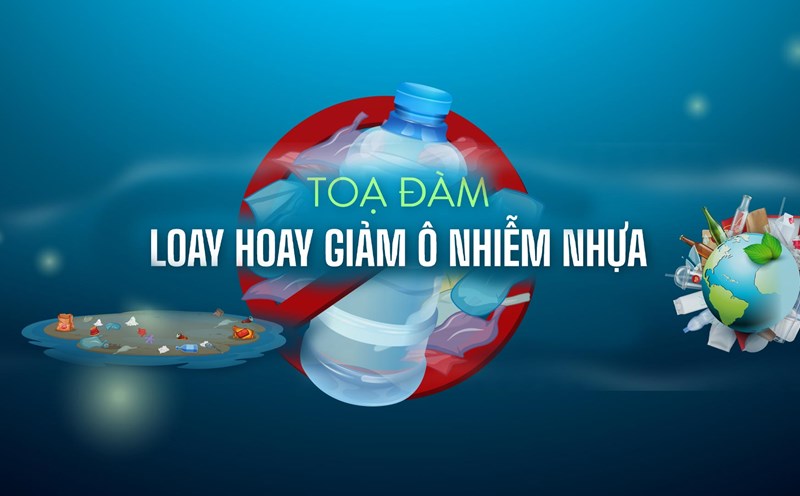Confused, stuck in habits
According to the Law on Environmental Protection 2020, from January 1, 2025, households and individuals must classify waste at source into 3 groups: recyclable waste, organic waste and the remaining waste. After that, the garbage will be collected, gathered, and transported.
However, according to the reporter's records in Can Tho City, after half a year of implementation, despite efforts from the government and related units, many people are still confused in implementation, leading to results that have not been as expected.
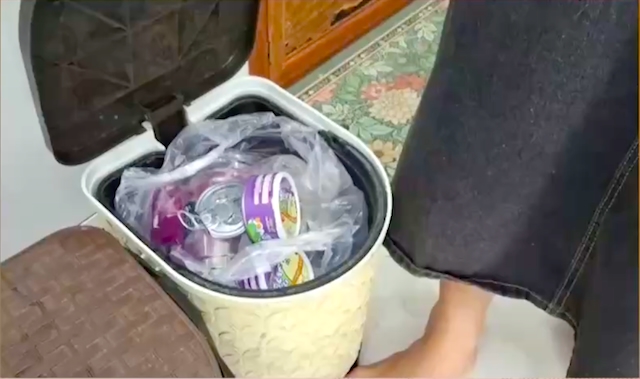
The family of Ms. Nguyen Ngo Trang Thuy (Hung Loi ward, Ninh Kieu district) is one of the basic families that classifies waste. Accordingly, her family prepared 2 trash bins (different colors) to store recyclable waste and organic waste. Recycled waste in the family is often plastic wrap, bottles, boxes, etc., organic waste is vegetable, fruit, etc.
"I proactively treat organic waste to fertilize ornamental plants in my house while plastic waste is sold in scrap. However, at first, there was also a problem when there was some garbage and it was not known what kind of stools they were classified as. For example, milk cartons, sometimes I think they are recycled waste, but sometimes I wonder whether they are organic waste or not" - Ms. Thuy expressed.
According to Ms. Thuy, sometimes the family is negligent in classifying waste, especially some recyclable plastic bags that she puts in organic waste bins. Ms. Thuy said that in the coming time, she will comply with the regulations well.
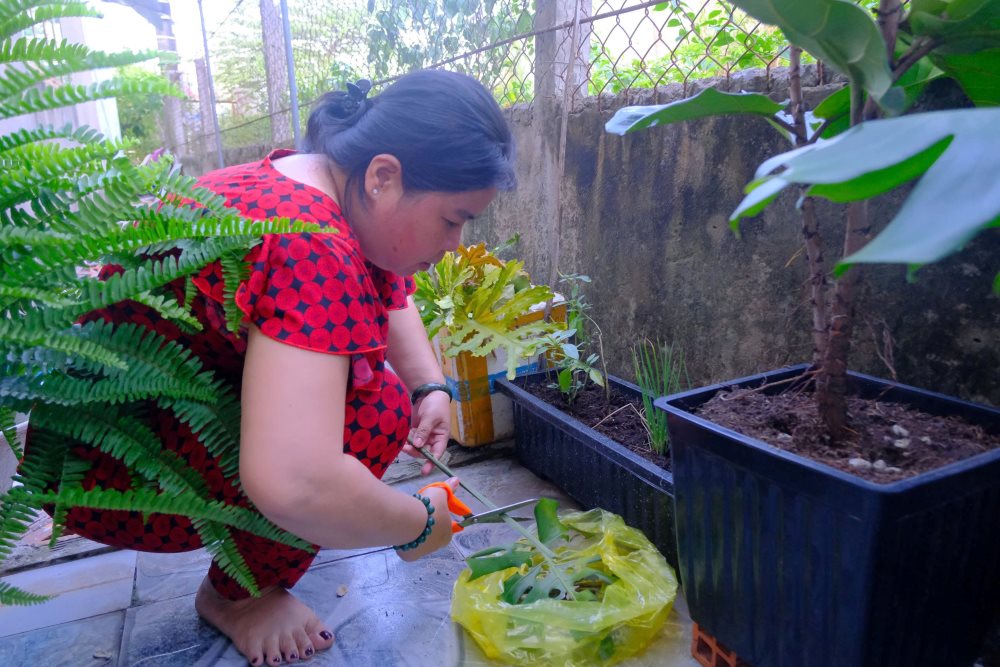
Meanwhile, the family of Mr. Tran Van Tung (Ninh Kieu district) is wondering how to handle some special types of garbage such as old batteries and broken light bulbs. The collection of classified waste is sometimes not synchronized, causing the reclassified waste to be dumped together.
Above all, a survey of some alleys in Ninh Kieu district shows that most households are still not highly aware of classifying waste. Garbage is still left in chaos, leaking water, causing congestion and affecting the collection of environmental staff.
People argue that there are many reasons for this confusion such as not being widely and continuously propagated, lack of specific and easy-to-understand instructions, unsynchronized collection infrastructure, difficult-to-change living habits...
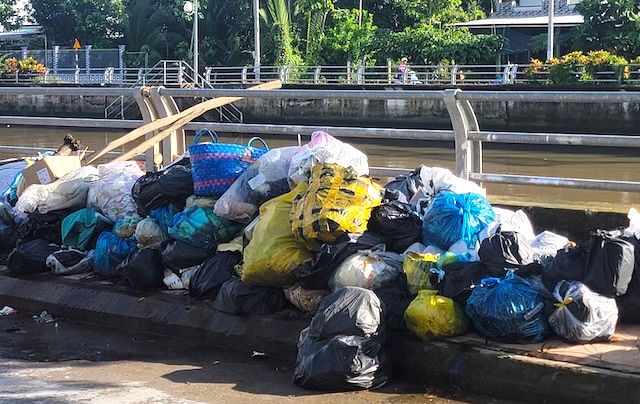
"I think there should be training sessions directly in residential areas, distributing leaflets with clear illustrations, using social networks and local media channels to disseminate knowledge. Moreover, simplifying classification instructions can also be done by the elderly" - Ms. Thuy proposed.
Need for resources
Currently, the amount of household waste generated in Can Tho City is about 653 tons/day on average.
Since 2017, Can Tho City has classified waste at source according to the policy of dividing it into 3 types: burnable waste, non-burnable waste, and damaged waste.
The purpose of the previous classification was to hand over to the waste treatment plant, burning waste to generate electricity, implemented from 2018 according to the plan of the People's Committee of Can Tho City. During the implementation process, departments, branches and localities will conduct a pilot project, mobilizing people to follow the plan.
According to the Board of Directors of Can Tho Urban Joint Stock Company, through the experience of summarizing the work of classifying waste as well as the new regulations, to effectively implement the new policy, it is necessary to have a legal basis, guidelines and resources for implementation (infrastructure investment, specific regulations, capital sources).
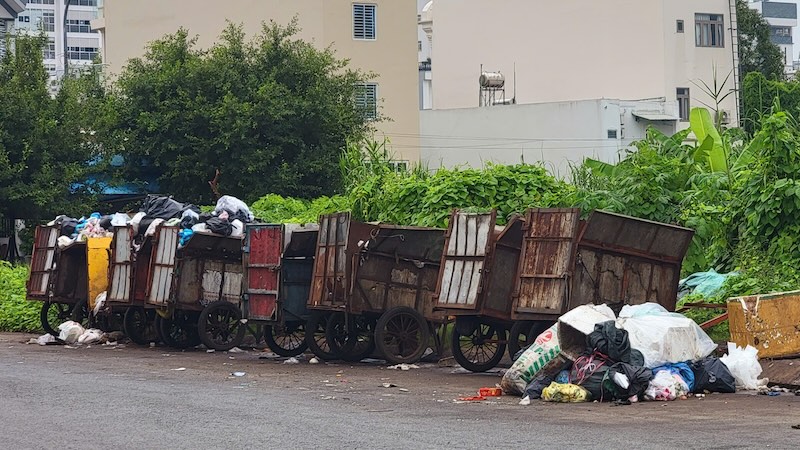
Above all, it is the coordination of local authorities, waste source owners, and strict management of the State, only then can waste classification at source be effectively implemented in 2025.
According to the roadmap, the penalty for cases of not classifying waste at source will be implemented no later than December 31, 2024. The regulation clearly states that a fine of VND 500,000 - VND 1,000,000 shall be imposed on households and individuals who do not classify domestic solid waste according to regulations; do not use packaging containing domestic solid waste according to regulations.


